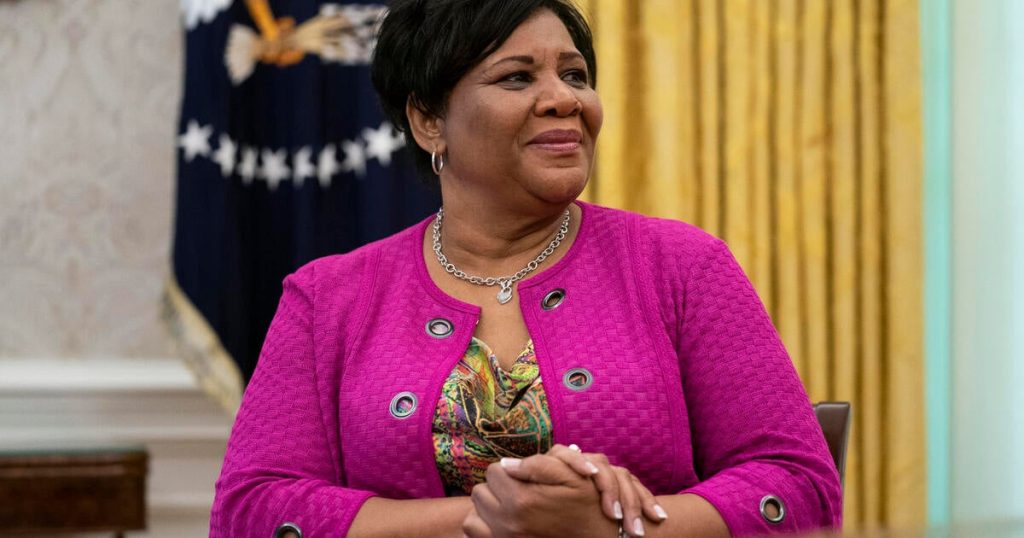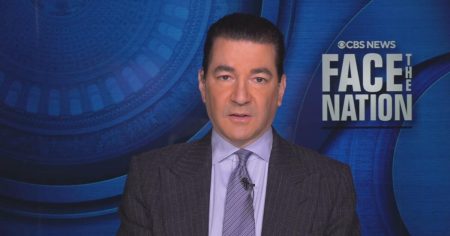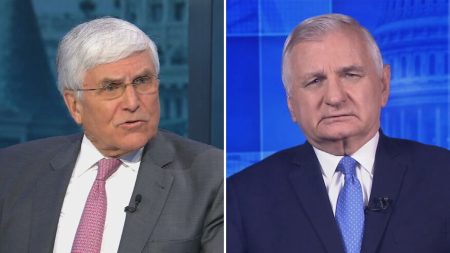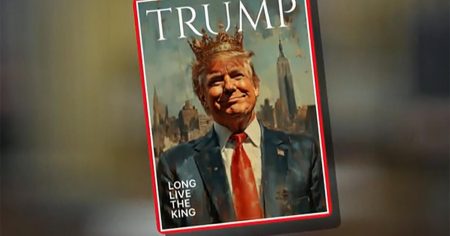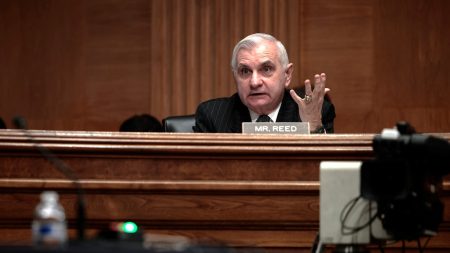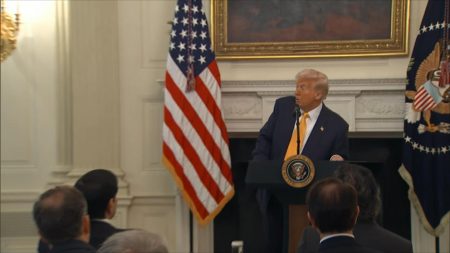President Trump Appoints Alice Johnson as His "Pardon Czar"
President Donald Trump has made a significant move in his second term by appointing Alice Johnson, a 69-year-old grandmother who spent over two decades in prison for nonviolent drug offenses, as his "pardon czar." This announcement was made during a Black History Month event held in the White House East Room on Thursday afternoon. Johnson, who was granted clemency by Mr. Trump in his first term, has become a symbol of redemption and second chances. Her appointment marks a unique approach to the pardon process, as she will now play a key role in identifying individuals deserving of clemency.
During the event, Mr. Trump praised Johnson for her resilience and inspiration to others. "You’ve been an inspiration to people, and we’re going to be listening to your recommendation on pardons," he said. "You’re going to go over and you’re going to be—she’s going to be my pardon czar, okay? And you’re going to find people just like you that should not have had this happen. It should not have happened. So you’re going to look and you’re going to make recommendations, and I’ll follow those recommendations, okay? For pardons."
Johnson’s personal story is one of tragedy and triumph. In 1996, she was convicted for her role in a multimillion-dollar drug ring that operated in the early 1990s. She was sentenced to life in prison plus 25 years for charges related to cocaine conspiracy and money laundering. However, after serving over 21 years behind bars, her life took a dramatic turn when Mr. Trump commuted her sentence in 2018, allowing her to regain her freedom. He later granted her a full pardon, erasing her criminal record entirely.
Mr. Trump emphasized that Johnson’s case highlights the flaws in the criminal justice system. "She was in prison for doing something that today probably wouldn’t even be prosecuted," he remarked. Her story has resonated with many, including high-profile figures like Kim Kardashian, who played a pivotal role in bringing Johnson’s case to the president’s attention. Kardashian’s advocacy helped shed light on the harsh sentencing practices that disproportionately affect minorities and nonviolent offenders.
A New Era in Clemency: Alice Johnson’s Role
Alice Johnson’s appointment as "pardon czar" signals a shift in how the Trump administration is approaching clemency. Traditionally, pardon requests are vetted by the Justice Department’s Office of the Pardon Attorney, which reviews cases based on specific criteria. However, Mr. Trump has often bypassed this formal process, instead relying on personal recommendations and high-profile campaigns to make his decisions.
By appointing Johnson to this role, the president is leveraging her personal experience to identify others who may have been unjustly sentenced or deserve a second chance. Johnson’s background gives her a unique perspective on the criminal justice system, allowing her to empathize with those who have been impacted by harsh penalties for nonviolent crimes. Her recommendations will carry significant weight, as Mr. Trump has made it clear that he will follow her advice when issuing pardons.
This move has been met with both praise and criticism. Advocates for criminal justice reform see Johnson’s appointment as a step in the right direction, emphasizing the need to address systemic inequalities and excessive sentencing. On the other hand, critics argue that bypassing the traditional pardon process undermines the integrity of the system and raises concerns about favoritism and political motivations.
President Trump’s Pardon Record
Mr. Trump’s use of the pardon power has been highly unconventional and often controversial. In his second term, he has already issued hundreds of pardons and commutations, many of which have drawn significant attention. For instance, he has pardoned numerous individuals involved in the January 6, 2021, Capitol assault, sparking debate over the message this sends about accountability for violent crimes.
Other notable pardons include Democratic former Illinois Governor Rod Blagojevich, who was convicted on public corruption charges related to his attempt to sell former President Barack Obama’s vacant U.S. Senate seat. Blagojevich’s sentence was commuted, allowing him to serve only a fraction of his 14-year prison term. Additionally, Mr. Trump recently pardoned Ross Ulbricht, the founder of the darknet market Silk Road, who was serving a life sentence for his role in facilitating illegal activities online.
These high-profile cases have raised questions about the criteria Mr. Trump uses when deciding whom to pardon. While some view his actions as a challenge to the criminal justice system’s harshness, others argue that his decisions often appear arbitrary and politically motivated. The appointment of Alice Johnson as "pardon czar" may be an attempt to bring more balance and transparency to the process, but it remains to be seen how her recommendations will influence the president’s final decisions.
The Broader Implications of Clemency
The power to grant pardons and commutations is one of the most significant authorities vested in the presidency. Under the Constitution, presidents have broad discretion to issue pardons for federal crimes, as long as the offenses are not related to impeachments or state-level violations. This power is intended to serve as a check on the judicial system, allowing for the correction of injustices or the mitigation of overly harsh sentences.
However, the way this power is exercised can have far-reaching implications. When presidents issue pardons based on personal connections or political considerations, it can undermine public trust in the fairness of the legal system. On the other hand, when pardons are used to address systemic issues, such as racial disparities in sentencing or the overcriminalization of nonviolent offenses, they can serve as a powerful tool for reform.
Alice Johnson’s appointment as "pardon czar" reflects Mr. Trump’s desire to emphasize the latter approach. Her personal story and advocacy for criminal justice reform make her an ideal candidate to identify cases where mercy and second chances are warranted. By involving someone with her background, the administration aims to humanize the pardon process and draw attention to the need for broader systemic changes.
The Road Ahead
As Alice Johnson begins her new role, she will face both opportunities and challenges. On one hand, her influence over the pardon process could lead to meaningful changes in the lives of countless individuals and families impacted by the criminal justice system. On the other hand, she will likely encounter resistance from those who question the legitimacy of her position or the criteria used to select pardon recipients.
The success of Johnson’s efforts will depend on how her recommendations are received by the president and the wider public. If her involvement leads to a more transparent and equitable pardon process, it could set a positive precedent for future administrations. However, if the process continues to be perceived as arbitrary or politically driven, it may further divide opinions on the use of presidential clemency.
In the end, Alice Johnson’s appointment as "pardon czar" is a testament to the power of personal stories and advocacy in shaping policy. Her journey from incarceration to influence serves as a reminder that second chances are possible, even in the face of overwhelming odds. As she works to identify others who deserve similar opportunities, her efforts could leave a lasting impact on the criminal justice system and the lives of those it affects.





